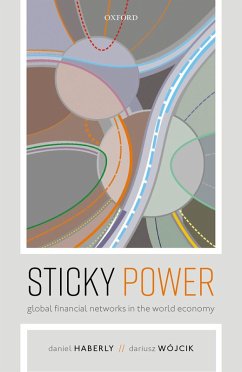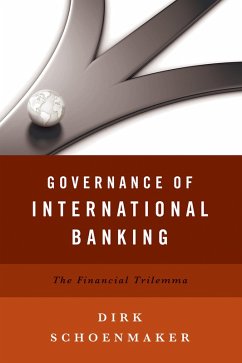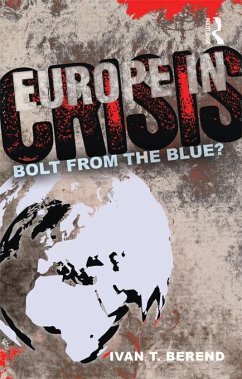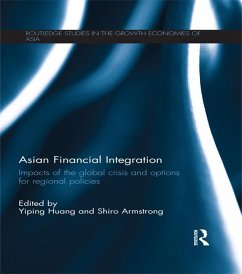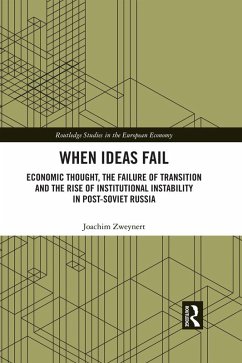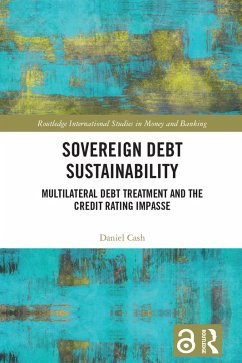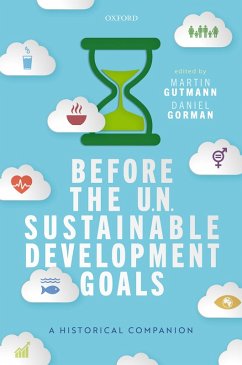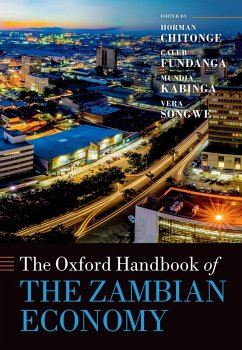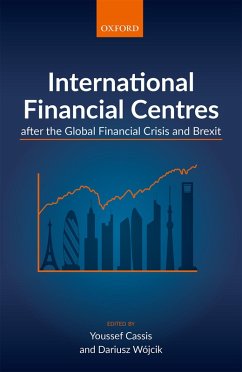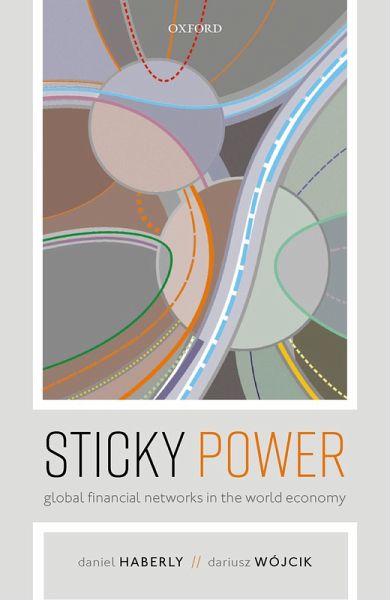
Sticky Power (eBook, ePUB)
Global Financial Networks in the World Economy
Versandkostenfrei!
Sofort per Download lieferbar
55,95 €
inkl. MwSt.
Weitere Ausgaben:

PAYBACK Punkte
28 °P sammeln!
This is an open access title available under the terms of a CC BY-NC-ND 4.0 International licence. It is free to read at Oxford Scholarship Online and offered as a free PDF download from OUP and selected open access locations. Although modern civilization revolves around money, the nature of money is paradoxical. It is nothing more than a representation of and medium for decentralized networks of social trust, but its production is controlled by highly centralized networks of firms, places, and governments, and there is never enough of it to go around. Moreover, given that the creation of mone...
This is an open access title available under the terms of a CC BY-NC-ND 4.0 International licence. It is free to read at Oxford Scholarship Online and offered as a free PDF download from OUP and selected open access locations. Although modern civilization revolves around money, the nature of money is paradoxical. It is nothing more than a representation of and medium for decentralized networks of social trust, but its production is controlled by highly centralized networks of firms, places, and governments, and there is never enough of it to go around. Moreover, given that the creation of money, as credit, is based on expectations, money is at its heart an instrument for human agency to change the future. However, the financial systems that produce money are deeply rooted in the past, and perpetuate themselves through history. Sticky Power seeks to deepen our understanding of the paradox of money by introducing a novel conceptual lens, Global Financial Networks, to cast new light on the geography, history, politics, and sociology of finance from the Middle Ages to the global financial crisis and beyond. It shows that the power of finance is inherently sticky: apparently new innovations such as offshore finance actually date back centuries, and global financial networks more broadly have adapted to the rise and fall of empires and the development of new technologies while changing surprisingly little in their basic character, or at most changing very slowly. Haberly and Wójcik argue that a recognition of the mechanics of this durability calls for a new approach to reforming finance--one less reactively focused on regulation, and more proactively focused on building new institutional systems with a long-term sticky power of their own.
Dieser Download kann aus rechtlichen Gründen nur mit Rechnungsadresse in A, B, BG, CY, CZ, D, DK, EW, E, FIN, F, GR, HR, H, IRL, I, LT, L, LR, M, NL, PL, P, R, S, SLO, SK ausgeliefert werden.




